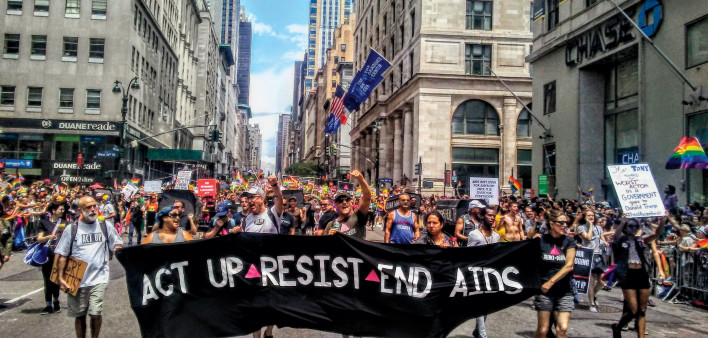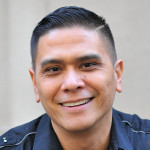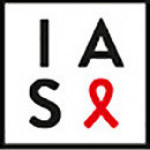A couple months ago, I started as Executive Director of MPact: Global Action for Gay and Bi Men’s Health and Rights. Many friends questioned this choice - I had just gotten tenure at California State University-San Marcos, I was busy with a bunch of writing projects including two books, and a sabbatical was in reach. Why would I take up such a demanding job at this point in my life?
Leadership matters. And in the HIV response, there are very few executives that are openly living with HIV in the United States. While people living with HIV created nearly all HIV organizations today, we are not represented well in senior leadership positions. Some of it is due to death and burnout; some of it is because people do not want to share power or mentor people to take on leadership roles. It says a lot when HIV organizations do not see people living with HIV as viable leaders.
There has been a massive corporatization in the HIV industry. Rather than valuing experience, the HIV field also has a heavy emphasis now on academic degrees. Most people living with HIV face other issues that make higher education one more place to feel isolated and diminished. The things that make us vulnerable to HIV in our lives have also left us largely excluded from higher education.
I do wonder at the HIV industry in the United States where we as people living with HIV are the business of HIV, but not the staffing of the organizations. Wouldn’t we question a women’s health organization with no women in leadership roles?
When the MPact Executive Director position opened up, I debated whether I should do it. The organization’s founder, Dr. George Ayala, pointed out how important it was that a gay man openly living with HIV lead it. George and I have been friends for almost 30 years. Beyond representation, George knows I have held senior roles in programs, development and research and evaluation at national non-profit and government agencies. I have a PhD and have been active in global HIV advocacy for the past few years. Why not me?
Another hard lesson from my life: when we don’t stand up, others will. I have been in many organizations where I did not step forward, and someone else did and left a mess. Academia - where I have been for the past decade - is full of people who imagine they will be excellent leaders but lack the organizational and communication skills - as well as the capacity for accountability - to be successful with their constituents. And, believe it or not, I have seen the same thing in HIV groups where people clamor for the spotlight.
In the past three decades in non-profits and community organizing, I have sat through difficult conversations, made mistakes and owned up to them to the best of my ability, and - hopefully - grown from both witnessing and experiencing successes and failures. So this year, for this job, I chose to stand up and see what we could build together.
But what about academia?
I am trying to do both. Luckily I just got tenured and have a sabbatical coming up. I am trying to figure out how to balance the work. I was already juggling my HIV advocacy with the US People living with HIV Caucus and my duties in the university. I may be pulling back from some of my obligations.
For the university, the publish or perish motto is real even after tenure. Publishing is a way of staying relevant in the field. There are quite a few academics who slow down after tenure - some even stop publishing - for many reasons. I am learning to be gentle with myself and allow that I have other priorities right now. I still want to write a book (or two) in my life, and this experience will enrich those possibilities when I am able to return to it.
In some ways, MPact is a fruition of what I’ve been doing in HIV and queer spaces for most of my life. I am ready to move forward and see what happens.








Comments
Comments